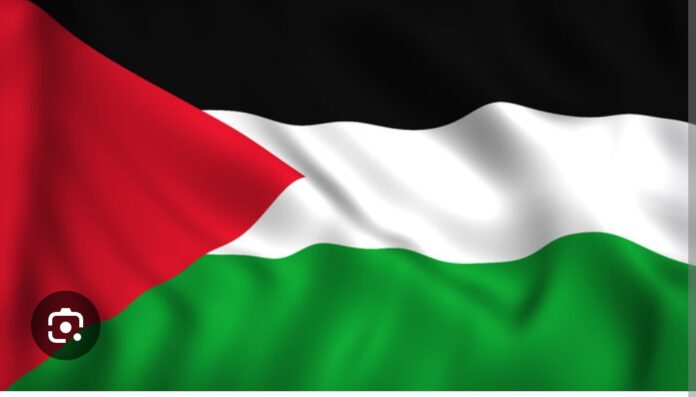 of
of
The historical narrative surrounding Jews in Europe has long been stained by a persistent cycle of suspicion, hatred, persecution, and violence. This essay examines the roots and impacts of antisemitism, connects it with Shakespeare’s representation in “The Merchant of Venice,” and addresses modern geopolitical dynamics and historical relations between Jews and Muslims. By analyzing various perspectives and drawing parallels between the past and present, the discussion reveals pressing questions about identity, conflict, and the quest for justice.
Shakespeare’s “The Merchant of Venice,” particularly through the character of Shylock, encapsulates the deep-seated prejudices against Jews during the era. Shylock embodies the stereotype of the money-obsessed Jew, reflecting societal norms wherein Christians harbored hatred and suspicion towards their Jewish counterparts. The portrayal of Shylock illuminates the complexities of Jewish-Christian relations, indicating a broader societal malaise in which Jews were marginalized and dehumanized. This cultural context set the stage for centuries of Jewish persecution across Europe, extending from the Roman Empire through the long, dark history of the Spanish Inquisition to the horrors of the Holocaust during Nazi Germany.
The situation for Jews in Europe was compounded by accusations of usury and blood libel, which created an environment of fear and hostility. Influential individuals, including Martin Luther, fueled debates about antisemitism with rhetoric that contributed to widespread speculations. Antisemitism did not emerge in a vacuum; it was intertwined with Christian dominance and the socio-economic fears of the time. The tragic impact of this pervasive prejudice led to mass migrations, loss of life, and cultural trauma for Jewish communities.
However, this narrative of Jewish suffering is multifaceted. In contrast to the experiences of Jews in Europe, the situation in Muslim-majority regions was notably different. Jews in the Arabian Peninsula, Islamic Andalus, and the Ottoman Empire were often granted rights and protections rarely afforded to them in Christian territories. This comparative prosperity raised important questions about historical and contemporary interactions between Muslims and Jews. In an era when Muslims were often seen as hostile towards Jews, the reality was nuanced, illustrating peaceful coexistence in all Muslim regions.
This leads to critical inquiries about current animosities, particularly surrounding the Israeli-Palestinian conflict. Many question whether contemporary Jewish Zionist actions against Arab populations are a form of retaliation for past grievances inflicted by Christians upon Jews. The logical conclusion of this predicament could reflect a struggle for agency in a historical context where the Christian West has often been the source of conflict in the Middle East.
The establishment of Israel in 1948 served as a pivotal moment not only for Jewish resettlement but also for Palestinian and Arab communities in the region. Viewed through a geopolitical lens, this development can be interpreted as a strategic foothold for Western powers seeking to exert control over the oil-rich Middle East. The introduction of a Jewish state in Palestine prompted ongoing conflicts, raising ethical considerations regarding its implications for both Jews and Muslims. The wars and conflicts that ensued from this period have their roots in historical mishaps and grievances, leading to cycles of violence, ethnic cleansing, and the erasure of identities.
The modern geopolitical landscape further complicates these dynamics. The United Nations, established to uphold peace and humanitarian values, has often been perceived as ineffective in its ability to foster justice in the region. Many believe that political agendas compromise its capacity to address Palestinian grievances or mediate effectively in conflicts driven by self-interested agendas. Recent discussions surrounding the Abraham Accords have highlighted tensions in Arab-Jewish-Muslim relations. Some perceive these agreements as mechanisms for subjugation, contributing to the disenfranchisement rather than cooperation among nations.
As the Israel-Palestine situation continues to unfold, the historical biases against Jews and the perceived threats to Arab identities exacerbate the ongoing cycle of violence. The re-emergence of past grievances serves as a potent reminder that unless historical injustices are genuinely addressed, future conflicts may arise that further marginalize Arab voices. Indications from recent conflicts underscore the urgent need for thoughtful diplomatic efforts to seek resolution.
Looking ahead, it is crucial for Arab nations and Muslims to navigate this shifting landscape with care. The layered complexities of international politics require conscientious engagement with historical narratives. An acknowledgment of shared histories, advocacy for rights, and inclusive dialogue could lay the groundwork for understanding and cooperation. Without these essential components, the cycle of mistrust and violence is likely to endure.
In conclusion, the interplay of historical prejudice, geopolitical maneuvering, and the quest for justice requires a nuanced understanding of both the past and present. The prejudices that have marked the Jewish experience echo in current relationships within the Middle East. Moving forward, the urgent need for recognition of these shared histories and a commitment to cooperative paths can offer potential healing and mutual respect. Such endeavors hinge on a collective effort from all parties, guided by a genuine commitment to justice and equity within the intricate fabric of global affiliations.




